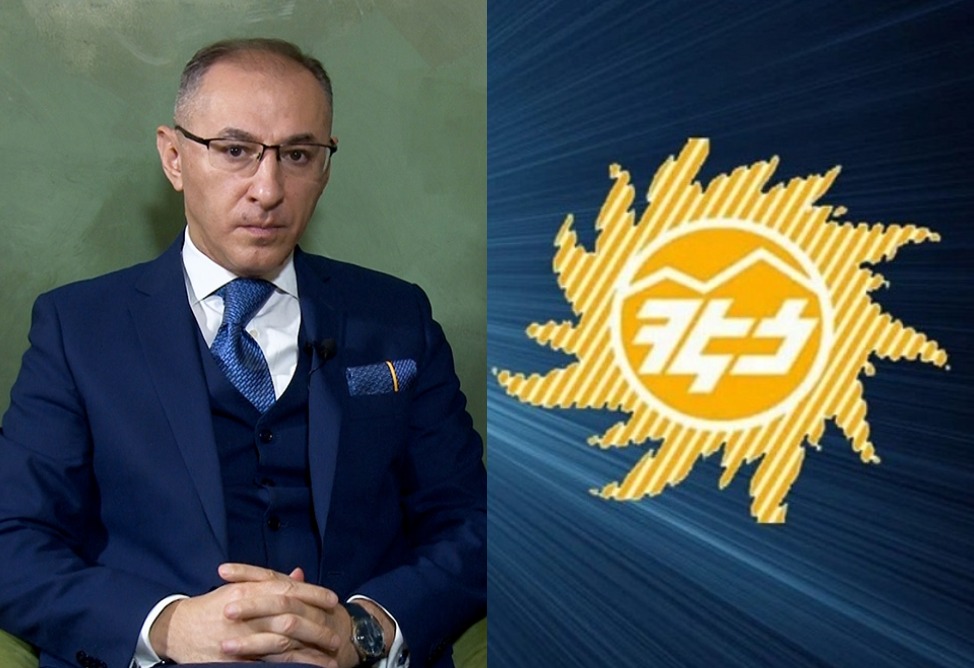Russia’s intermediation in Georgian-South Ossetian conflict closes Pandora’s box in region, expert says
28.08.2008,
02:01
Russia has closed Pandora’s Box in the South Caucasus acting as a mediator between Georgia and South Ossetia, Levon Melik-Shahnazaryan, political expert, said today at the Novosti International Press-Center in Yerevan.
YEREVAN, August 27. /ARKA/. Russia has closed Pandora’s Box in the South Caucasus acting as a mediator between Georgia and South Ossetia, Levon Melik-Shahnazaryan, political expert, said today at the Novosti International Press-Center in Yerevan.
“Azerbaijan knows perfectly well that the conflict is being settled not in the way they have expected, and even the politicians with an extremist ideology take a different line,” he added. “It is obvious that they hate Russia much more than their Georgian colleagues.”
The political expert believes Azerbaijan cannot use force to settle the Karabakh conflict.
The Karabakh conflict broke out in 1988 when Artsakh, mainly populated by Armenians, declared its independence from Azerbaijan.
On December 10, 1991, a few days after the collapse of the Soviet Union, a referendum took place in Nagorno-Karabakh, and the majority of the population (99.89%) voted for independence from Azerbaijan.
Afterwards, large-scale military operations began, as a result of which Azerbaijan lost control over Nagorno-Karabakh and the seven regions adjacent to it.
On May 12, 1994 after the signing of the Bishkek cease-fire agreement, the military operations were stopped.
Since 1992, negotiations over the peaceful settlement of the conflict have been carried out within the OSCE Minsk Group, co-chaired by the USA, Russia and France. -0-
“Azerbaijan knows perfectly well that the conflict is being settled not in the way they have expected, and even the politicians with an extremist ideology take a different line,” he added. “It is obvious that they hate Russia much more than their Georgian colleagues.”
The political expert believes Azerbaijan cannot use force to settle the Karabakh conflict.
The Karabakh conflict broke out in 1988 when Artsakh, mainly populated by Armenians, declared its independence from Azerbaijan.
On December 10, 1991, a few days after the collapse of the Soviet Union, a referendum took place in Nagorno-Karabakh, and the majority of the population (99.89%) voted for independence from Azerbaijan.
Afterwards, large-scale military operations began, as a result of which Azerbaijan lost control over Nagorno-Karabakh and the seven regions adjacent to it.
On May 12, 1994 after the signing of the Bishkek cease-fire agreement, the military operations were stopped.
Since 1992, negotiations over the peaceful settlement of the conflict have been carried out within the OSCE Minsk Group, co-chaired by the USA, Russia and France. -0-



